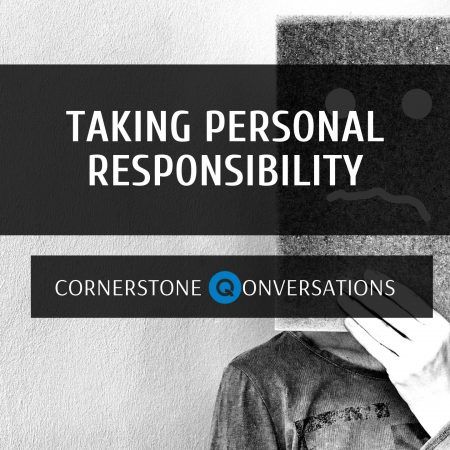For the last 25 years managers have been trained and coached on having those “difficult discussions” or “crucial conversations” when their employees’ performance is not meeting expectations.
However, as we evolve the performance model to employee-engaged and leader supported the responsibility for owning performance and changing performance is with each one of us, not our manager. If we don’t want to be managed then we must proactively lead our personal performance and set our leader up to support us, not manage us. Everyone should have the tools, training and capability to lead a crucial conversation when our performance is truly lacking, or if you sense it is perceived as lacking. We ourselves should own it and proactively begin the process to resolve it.
Waiting for you manager to have that difficult discussion with you (and we know at some point it is coming) wastes valuable time needed to resolve the issues and get back on track to top-tier performance. At some point it will happen to all of us, our performance will slip, and when it does our ability to personally acknowledge it, take responsibility for changing it, avoid becoming defensive because of it, and quickly act to change your performance trajectory is critical.
Leading performance is not just leading when our performance is outstanding, true personal leadership is shown when we proactively have those difficult discussions or that crucial conversations with our leader when we are falling short. Lead all your performance, not just good performance.





